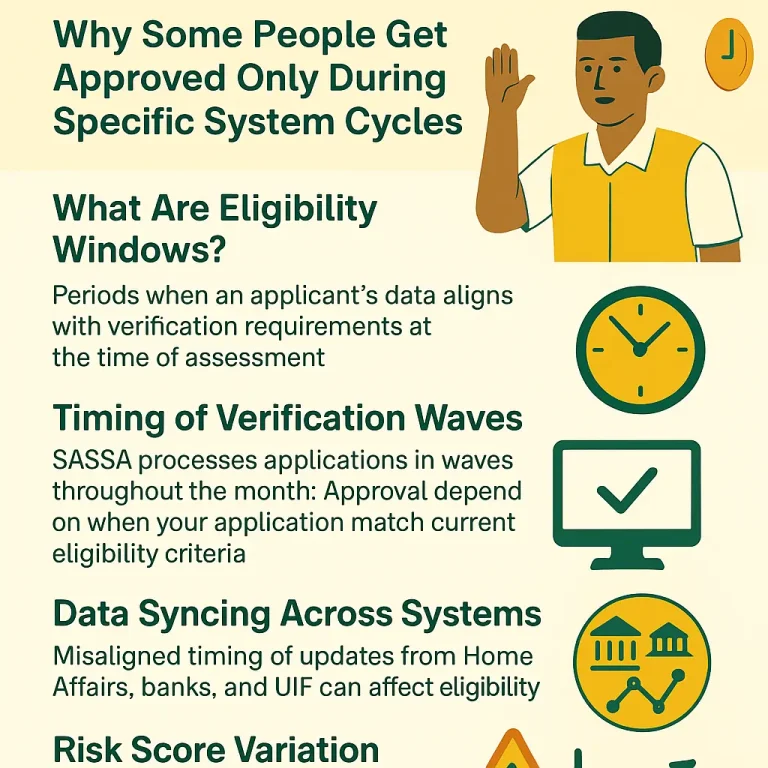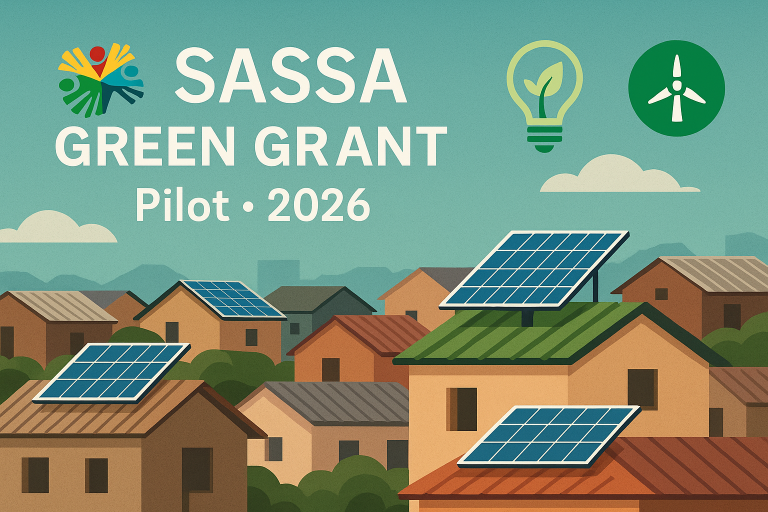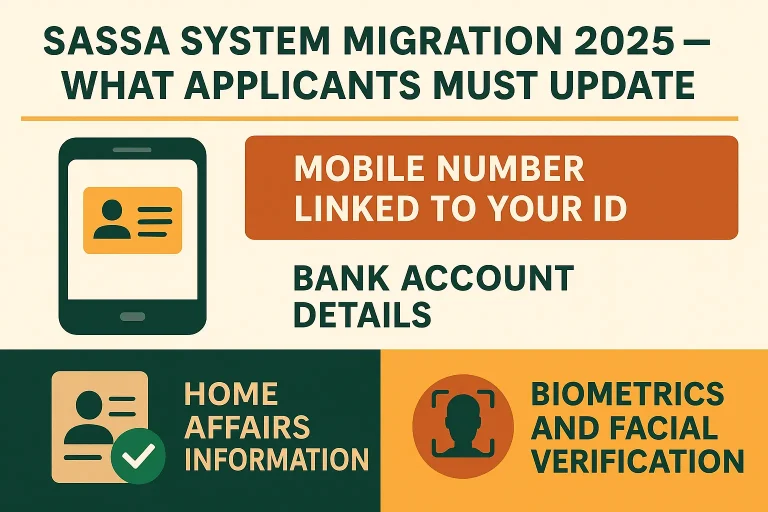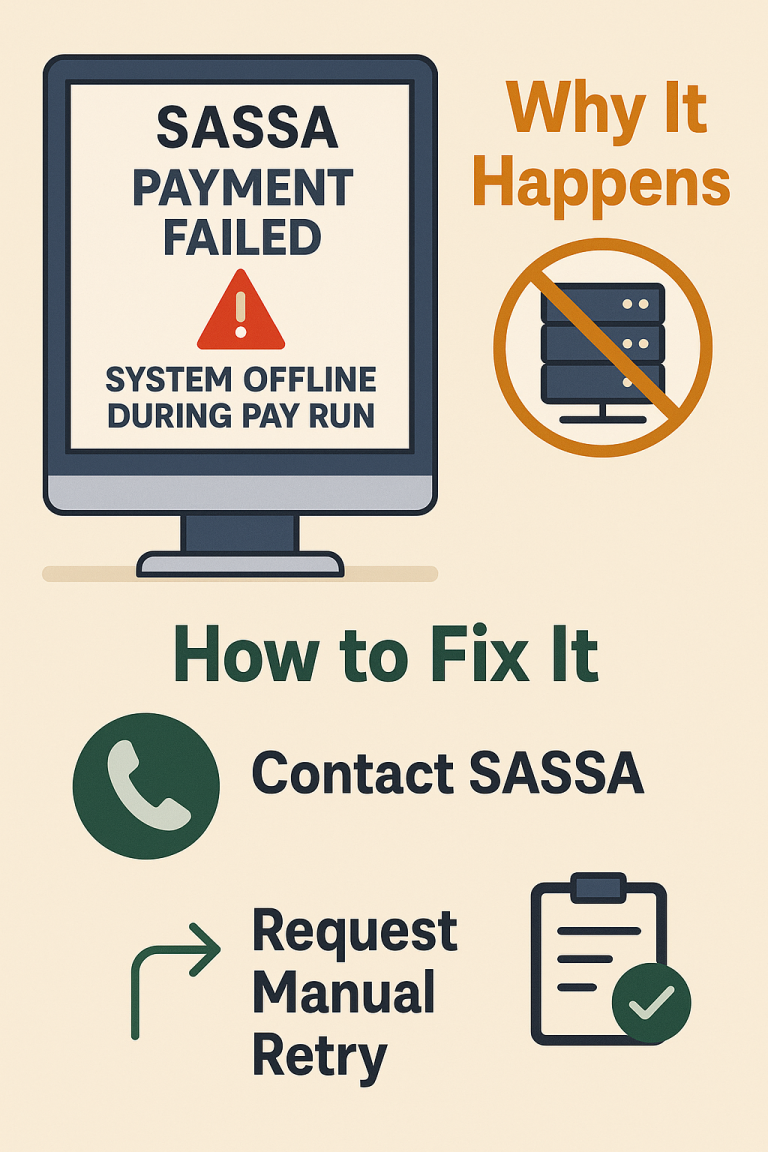South Africa’s Rules & Law For SASSA Grant Beneficiary Explained
This article explains the key legal protections SASSA beneficiaries have under South African law, what you can expect from SASSA, and how to take action if your rights are violated.
The Right to Apply
Every South African citizen, permanent resident, or refugee with valid documents has the right to apply for a grant if they meet the qualifying criteria. SASSA must accept and process all applications — no official can turn you away without reason.
See Also: SASSA Status Check

The Right to Be Treated with Dignity
SASSA offices are required by law to treat beneficiaries with respect. This means:
- No discrimination based on race, gender, disability, or age.
- Clear communication in a language you understand (where possible).
- Equal treatment whether you collect at a Post Office, retailer, or bank.
Install: SASSA App
The Right to Full Payment Without Illegal Deductions
The Social Assistance Act protects beneficiaries from unauthorised deductions. You are entitled to receive your full grant amount every month, unless a deduction is lawfully authorised (such as a court order).
If you notice airtime, funeral policy, or loan deductions without consent, you have the right to dispute and report them.
The Right to Appeal a Rejection
If your application is rejected, you can appeal the decision. For SRD grants, appeals go through the Independent Tribunal for Social Assistance Appeals (ITSAA). For permanent grants, appeals can be lodged with SASSA directly.
You also have the right to be given a clear reason for rejection, not just a vague status update.
Check Out (For SASSA Beneficeries): SASSA Payment Dates
The Right to Privacy and Security
SASSA may ask for your ID, banking details, and personal documents but they must protect this information. No official has the right to ask for your PIN or bank login details. If anyone does, it’s a red flag.
The Right to Collect Through Safe and Accessible Means
You have the right to choose how you receive your grant:
- Directly into your bank account.
- Through Postbank/SASSA card.
- At designated retailers.
If you’re elderly or disabled, you have the right to request priority assistance at SASSA offices and pay points.
The Right to Information
SASSA must publish official payment schedules, eligibility criteria, and policy changes. You have the right to access this information free of charge.
What to Do if Your Rights Are Violated
- Report to SASSA: Use the toll-free line (0800 60 10 11) or visit a local office.
- Escalate: Contact the Department of Social Development if your complaint is ignored.
- Civil Society Help: Organisations like Black Sash can assist beneficiaries in defending their rights.
- Legal Action: In serious cases, you may take SASSA to court under the Bill of Rights and the Social Assistance Act.
FAQs
Can SASSA officials refuse to let me apply for a grant?
No. If you meet the criteria, they must accept your application. If they refuse, request to speak to a supervisor or lodge a complaint.
Do I have the right to back pay if my application is delayed?
Yes. If your grant is approved, SASSA must pay you from the date of application, not the approval date.
What should I do if my grant amount is lower than expected?
Check for illegal deductions. If found, report immediately to SASSA or the National Credit Regulator.
Can I be denied a grant because of where I live?
No. Grants are national and apply equally in rural, urban, or informal settlements.
Final Thoughts
Grants are a legal entitlement. By knowing your rights, you can challenge unfair treatment, protect your money, and ensure that the system works as it should. Remember: SASSA exists to serve you, not the other way around.
Understanding these protections gives you the confidence to demand fair treatment — and to safeguard the grant that your household depends on.






